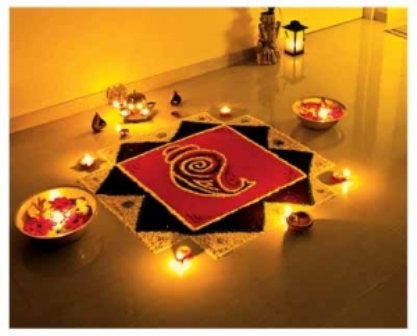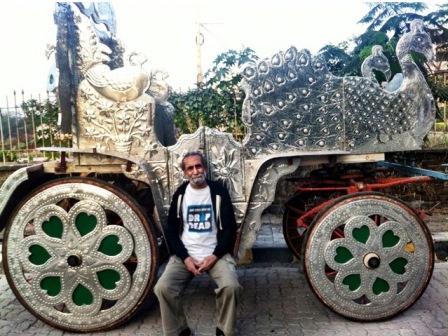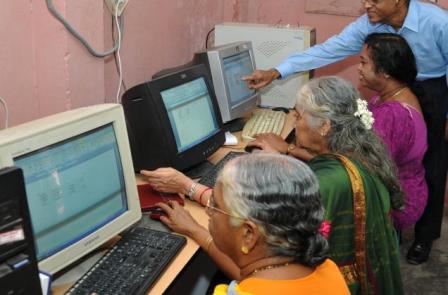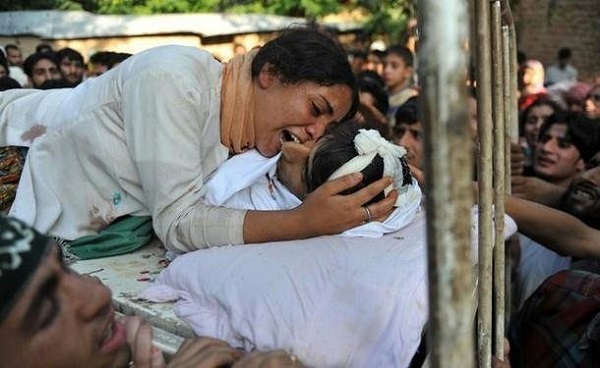We have so many items stashed away for ‘when guests will come’ that we have forgotten to enjoy our own possessions.
 by Dr Pooja Birwatkar
by Dr Pooja Birwatkar
The pre Diwali mood has already set in all over the city. Everyone is busy sprucing up their homes, cleaning out their wardrobes, throwing out broken items and washing their curtains.
Cleaning is therapeutic for many of us. It is an amusing activity that makes us see how much stuff we have hoarded all year, how many items we had misplaced and overlooked. Diwali cleaning is especially disturbing to those who are compulsive hoarders. Most of us cannot resist sales and bargains, where we buy things in bulk and never even use them.
We also have a strange habit of buying things and then packing them away for ‘future use’. Be it beautiful crockery, bed sheets, towels, carpets, glassware, perfumes, silverware…we don’t use them, but preserve them. Rooted deep in our psyche is the philosophy that all expensive items must be used only for special occasions, when guests arrive. This means that we wait our entire lives for ‘important guests’ to arrive and give us the chance to use our cherished possessions. In the meantime, we sleep on ragged linen, eat in old plates, drink juice in steel containers and use threadbare towels…despite all the excellent stuff we have hidden away, unused.
Then Diwali comes and we realise that our expensive leather bags have wrinkled away, we are too large to fit into that costly dress, mould has gotten into the bedsheets we bought. Life has passed us by while we waited for people to show up.
Our desire to show off to our guests stops us from living for ourselves. We spend all our lives working hard – what stops us from enjoying the fruit of our labour? We base our entire lives on how people will perceive us, and so our material possessions define our reality. If you think about it, our houses in Mumbai are not even large enough to accommodate guests. The guests themselves are too busy to notice that they are wiping their faces on expensive towels or sleeping on silk sheets.
This Diwali, let’s pledge to use all the things we have stacked away. Give away the things that you have not used for over six months. The next time your child wants juice, unpack that beautiful glass tumbler. If you want, unwrap those new sheets when you make your bed today.
Let’s celebrate Diwali for ourselves first.
(Picture courtesy blog.at-home.co.in. Image is used for representational purpose only)







